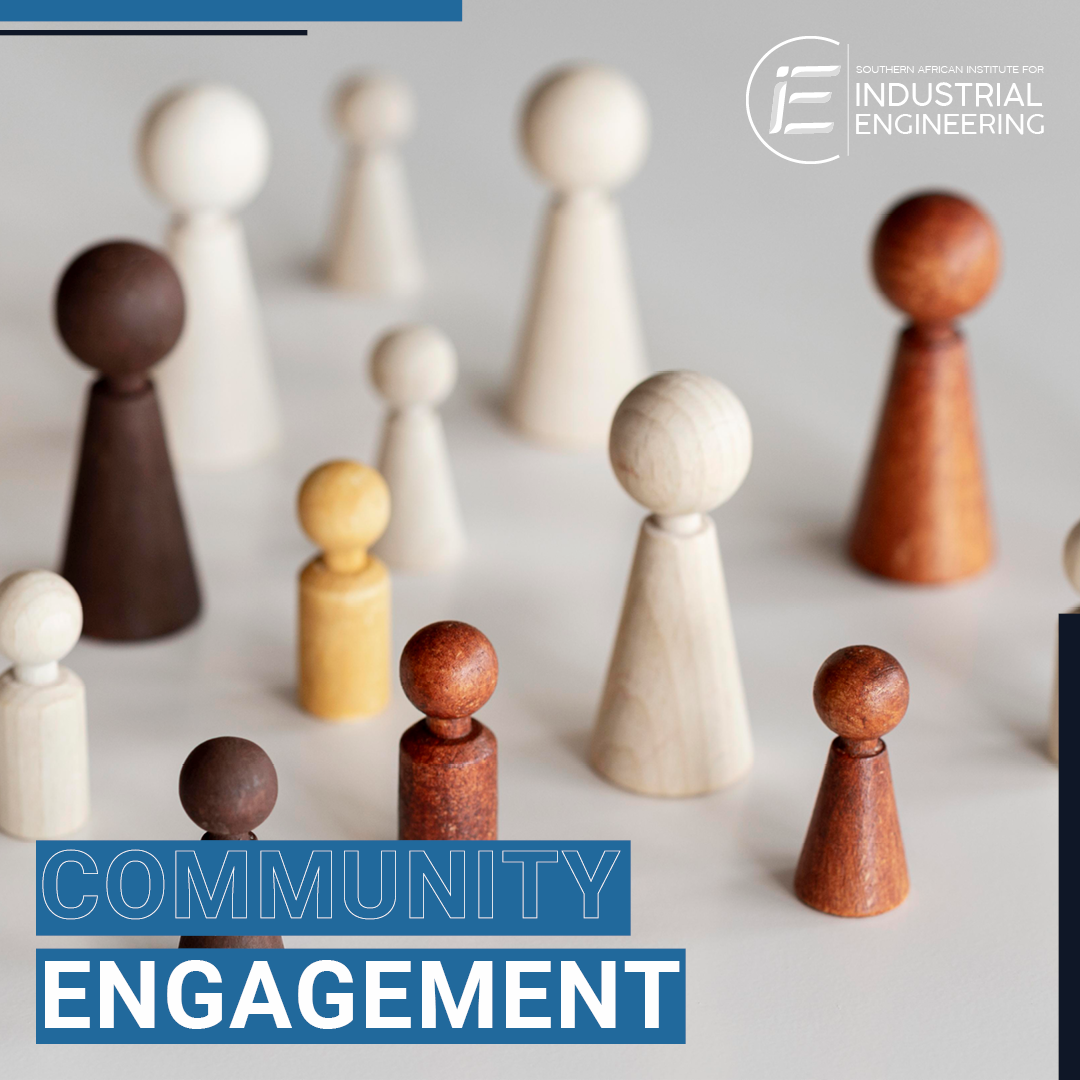Continuous improvement has been a tool used in many industries to improve their overall production goals and KPIs by strengthening People, Technology and Systems. The 20 Keys approach is based on 20 elements that focusses on different part of the business. During this session the presenter/speaker illustrated the function of each Key and role they play in creating a world class environment. The system can be applied to an operational environment but also to an admin and finance environment.
The presenter/speaker focused on the two different approaches that were followed to implement the System in different environments. There is an increasing understanding of the need to operationalize resiliency and sustainability for socio-economic inclusivity, liberal politics, and sustainable development. A primary objective of this webinar is to provoke a wider discourse on resilience, sustainability, and industrial engineering. The webinar expounded an argument that the elastic view of resilience is inadequate within the sustainability paradigm given that human civilization is transcending the era of Society 5.0; an era that is characterized by volatility, uncertainty, complexity, and ambiguity (VUCA) and currently propelled by evolutionary 4IR technologies. In the era of Society 5.0 and 4IR, the reality is that industrial engineering has to deal with hyper interconnected and interdependent cyber-physical systems (CPS) that are inextricably interwoven within our world of socio-economics and socio-politics, as well as the environment and ecology. Thus, resilience engineering must not only resolve inherent vulnerabilities in hyperlinked CPS but also, deal with the effects of supervening transient, intransigent and evolutionary stressors emanating from normal and extraordinary socio-economic-political actions, casus fortuitus, and other vis major events attributable to the environment and ecology.
This webinar is validated for 0.2 CPD credits.
Click on the above link for the presentation.

